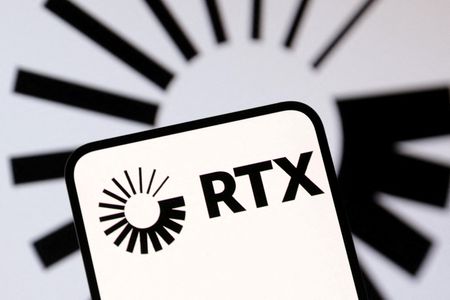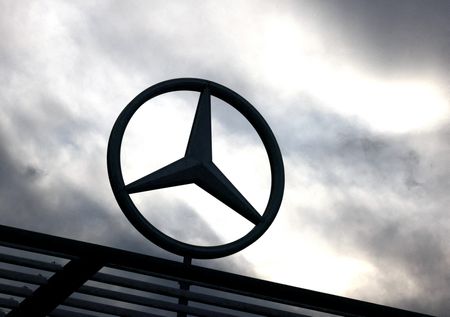By Gianluca Lo Nostro and Leo Marchandon
(Reuters) -Ukraine’s Kyivstar is ramping up measures to keep its network online as Russian strikes strain the country’s power grid, CEO Oleksandr Komarov said on Monday.
Russia has intensified attacks on energy infrastructure in Ukraine. On Saturday, a barrage of drones and missiles hit nuclear substations, killing seven people, in what state-owned energy company Tsentrenergo called the largest attack on its facilities since the start of the war in 2022.
“Right now, we have more than 3,500 stationary generators connected to the network in real time,” Komarov told Reuters.
“But the pressure on the energy infrastructure is also growing, because this tolerance gap is decreasing with every attack. The only answer we have is to increase the number of generators connected to the network.”
Since 2022, Kyivstar has been working to make its network better at withstanding power outages. The core elements that keep the network running currently have backup power that can last up to three days, Komarov said.
In apartment buildings, more than 90,000 local connection boxes have been fitted with backup solutions that let them keep working for 10 to 12 hours during an outage, ensuring most customers have service even if the power goes out.
WAR WEIGHS ON POST-LISTING VALUATION
In August, Kyivstar became the first Ukrainian firm to list on the U.S. stock exchange, although initial enthusiasm has given way to geopolitically driven volatility.
Komarov said he has mostly been meeting large U.S. institutional investors focused on telecoms and emerging markets. Their takeaway is that Kyivstar appears “significantly undervalued” because of the difficult circumstances, he added.
Its parent company Veon is working with the Ukrainian government to enable Ukrainian retail investors to buy Kyivstar shares, Veon CEO Kaan Terzioglu told Reuters in a separate interview. Veon holds an 89.6% stake in Kyivstar, but further dilution is possible, he said.
Earlier on Monday, Kyivstar reported a nearly 20% rise in third-quarter revenue to $297 million as more Ukrainians used its digital services.
Komarov said the result was supported by relative “macroeconomic stability” in Ukraine, a positive impact of the central bank’s policies and international support to stabilize the local currency.
(Reporting by Gianluca Lo Nostro and Leo Marchandon in Gdansk; Editing by Matt Scuffham and Milla Nissi-Prussak)









